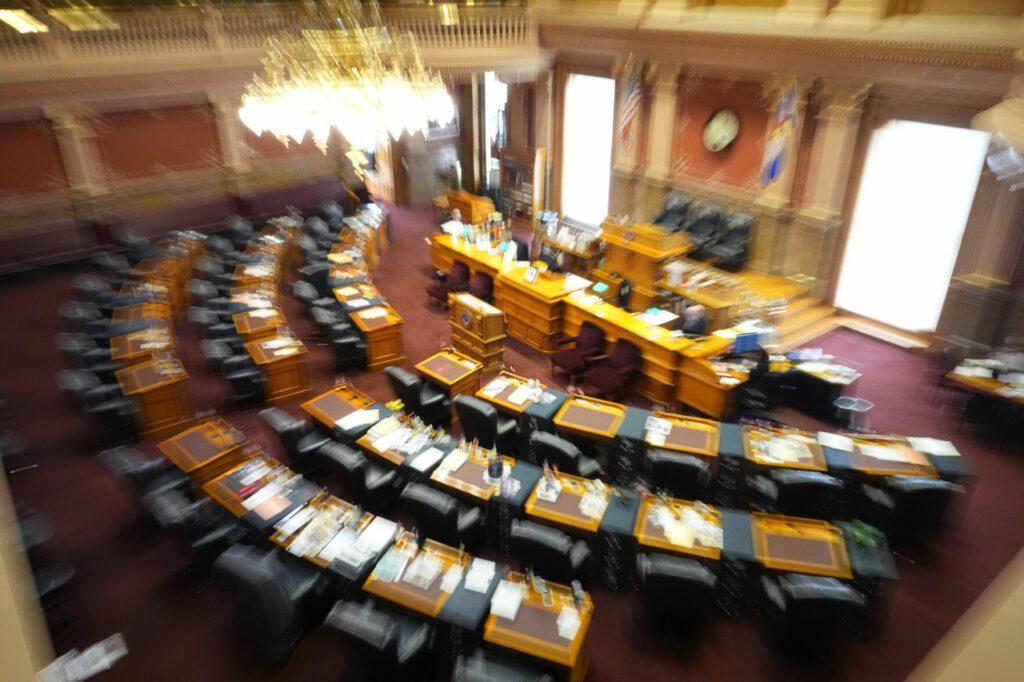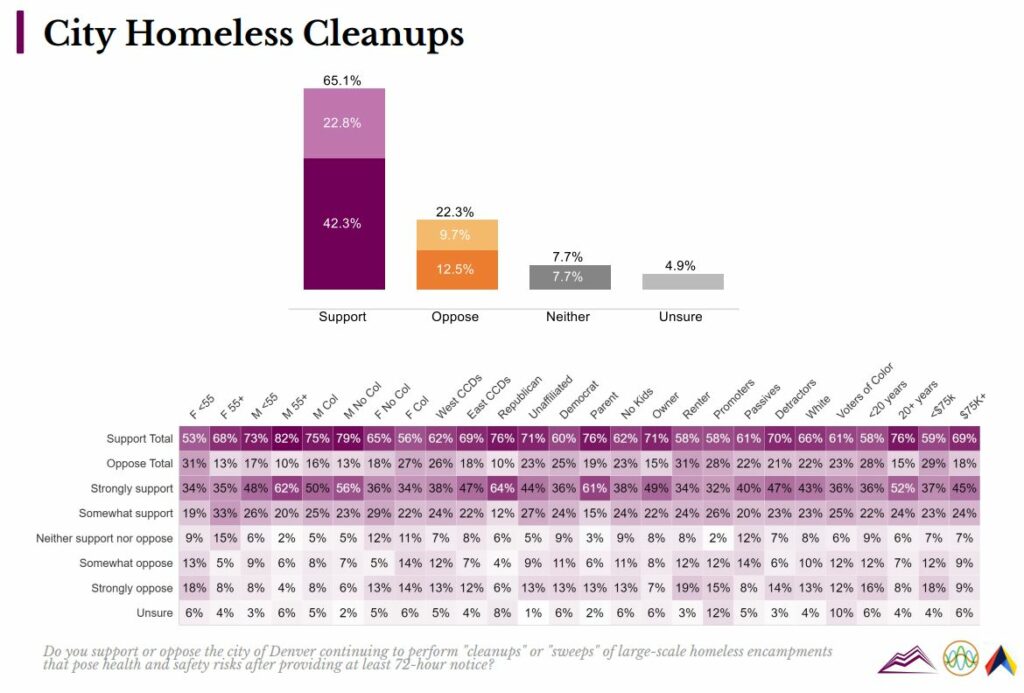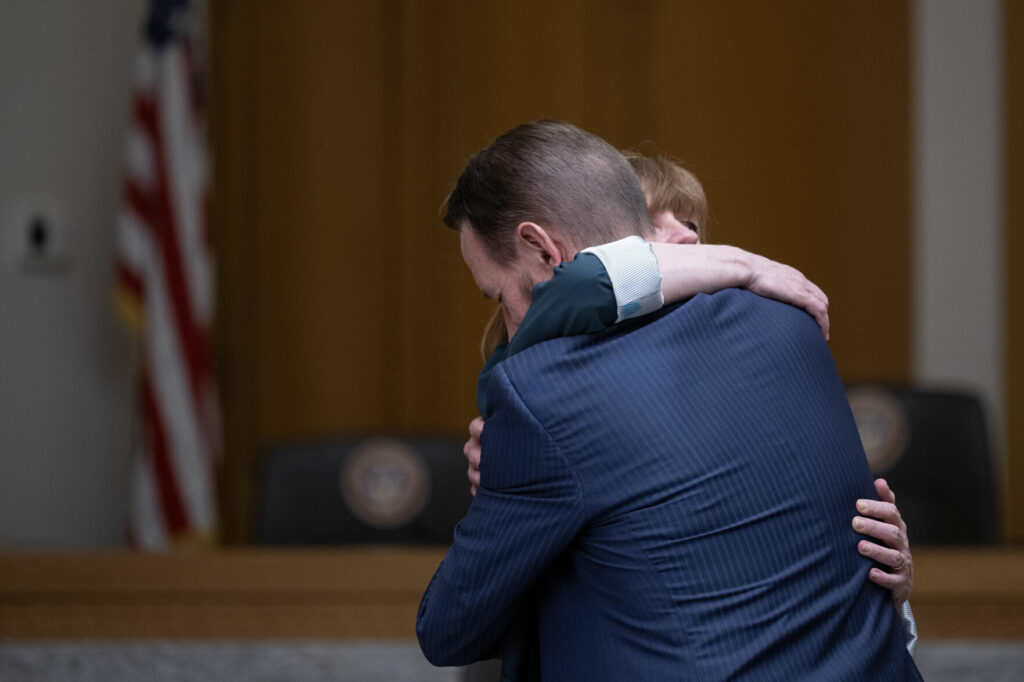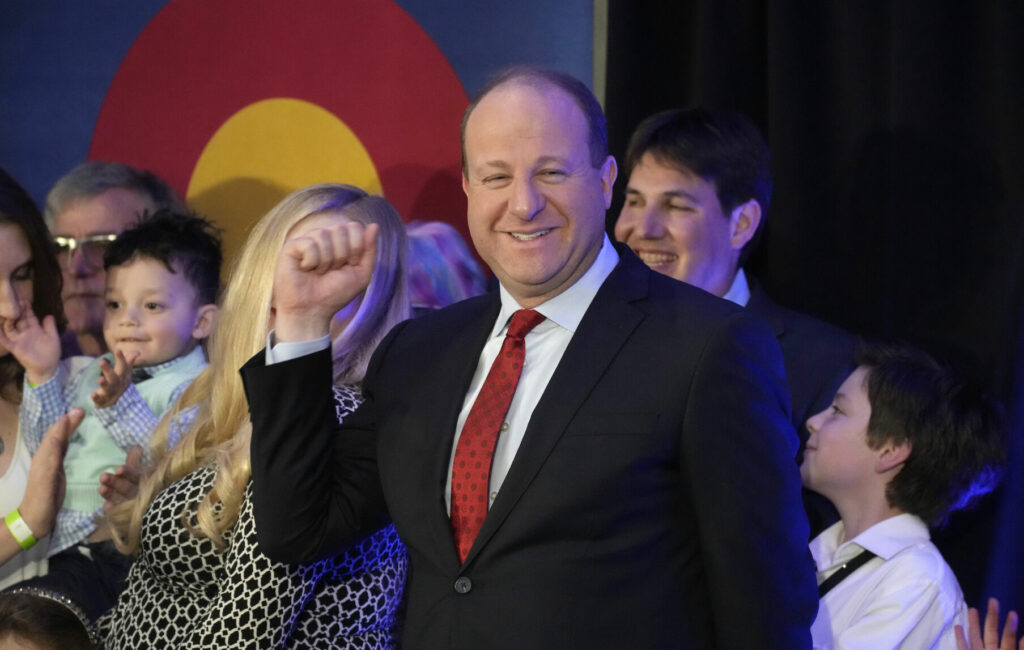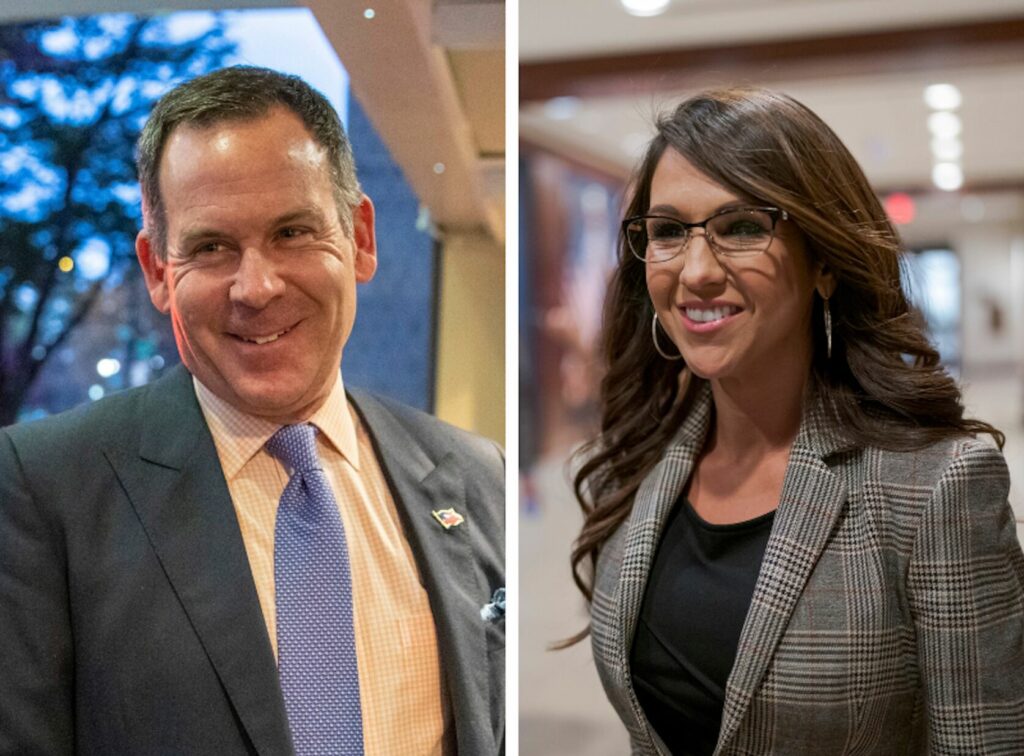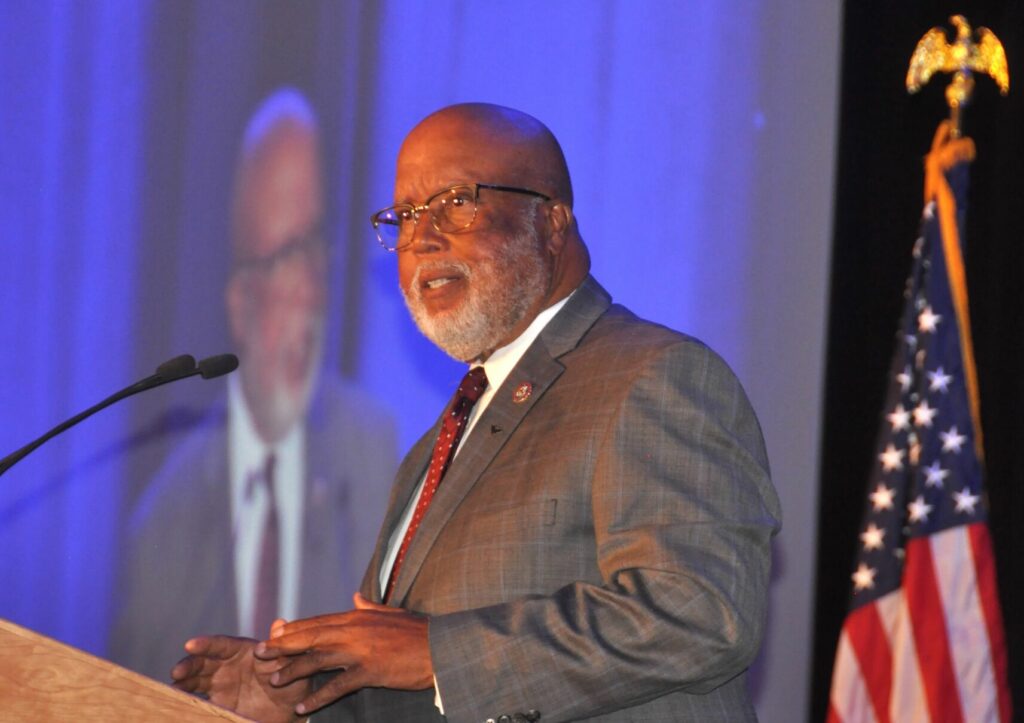TRAIL MIX | Is Ron Hanks the next Darryl Glenn? GOP delegates and primary voters will decide
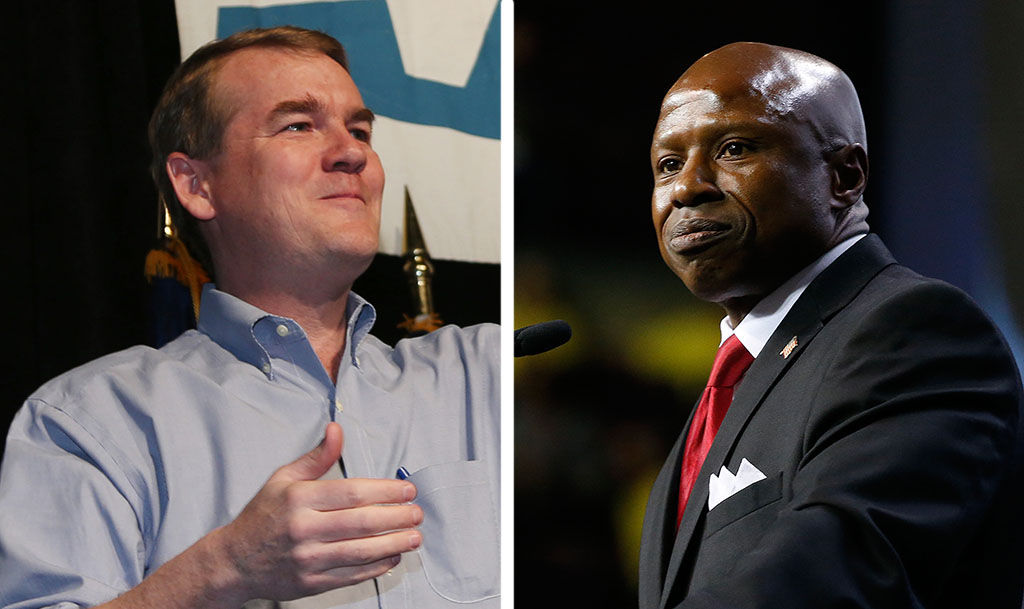
At some point in the next few months as Colorado’s primary election approaches, one of the Republicans hoping to challenge Democratic U.S. Sen. Michael Bennet might pause during a primary debate, turn to rival Ron Hanks and start channeling Texas Democrat Lloyd Bentsen.
Bentsen, the 1988 Democratic vice-presidential nominee, was serving his third term in the U.S. Senate – back when Texas elected Democrats to statewide office – when he delivered a line that endures decades later as one of the most withering rejoinders ever uttered on a presidential or vice-presidential debate stage.
Bentsen’s mic-drop moment arrived during the Oct. 5, 1988, debate in Omaha between the wizened, 67-year-old Texan and his fresh-faced opponent and Senate colleague from Indiana, 41-year-old Dan Quayle, Republican George H.W. Bush’s running mate.
As the debate turned to questions about the vice presidential nominees’ qualifications to step into the presidency – a routine question in the race – Quayle compared his experience to previous vice presidents and referred to former President John F. Kennedy, who had served only two more years in the Senate than Quayle had when he ran for president in 1960.
“I have as much experience in the Congress as Jack Kennedy did when he sought the presidency,” Quayle said. “I will be prepared to deal with the people in the Bush administration, if that unfortunate event would ever occur.”
That’s when Bentsen delivered the come-back that would soon come to exemplify the political put-down.
“Senator, I served with Jack Kennedy,” Bentsen said, pacing his words for maximum effect. “I knew Jack Kennedy. Jack Kennedy was a friend of mine. Senator, you’re no Jack Kennedy.”
Howls of laughter and applause filled the hall as moderator Judy Woodruff attempted to quiet the crowd.
“That was really uncalled for, senator,” Quayle shot back, a wounded look on his face.
The damage had been done, though Quayle and Bush went on to defeat Bentsen and presidential nominee Michael Dukakis by about 8 points, winning 41 states.
Lately, it’s become commonplace to hear comparisons between Hanks – and his chances of winning this year’s GOP nomination for the U.S. Senate – and Darryl Glenn, the 2016 Republican nominee and longshot candidate who came from the back of the pack to defeat a wide primary field of wealthy self-funders and more polished politicians.
Lacking support from national Republicans, Glenn and his shoestring campaign came closer to upsetting Bennet in the general election than most polls and pundits had predicted, though he still fell short by about 5.6 points.
Ever since Glenn rocketed from relative political obscurity to the national spotlight – as the challenger in what had been pegged as one of the most competitive Senate races in the country that cycle, complete with a speaking slot at the Republican National Convention – his ascent has come to symbolize the underdog-turned-Cinderella candidate in Colorado political circles.
Hanks, a state representative from Fremont County serving his first term, has much in common with Glenn, and the 2016 and 2022 Republican primary fields bear some resemblances to each other, but it remains to be seen whether Hanks will benefit from the same confluence of luck, grit and shoe leather that propelled Glenn to the nomination.
Both are unabashed and vocal base candidates, unafraid to embrace the GOP’s most conservative positions, and both are running as outsiders standing athwart the party establishment.
Like Hanks, Glenn was an unlikely Senate hopeful who entered the race without an apparent groundswell calling for him to run, though by the time Hanks announced his bid last fall he had already been landing in headlines for months for his antics at the legislature and his presence outside the U.S. Capitol on Jan. 6.
Instead of the nine months Hanks had been in office when he launched his Senate candidacy last October, however, Glenn was in the middle of his second term as an El Paso County commissioner and had served six years on the Colorado Springs City Council when he started running. Hanks also ran an unsuccessful congressional campaign in California in 2010. Both have lengthy careers in the Air Force on active duty and in the reserves: Glenn retired with the rank of lieutenant colonel after 21 years of service, and Hanks retired after 32 years.
Glenn got in the Senate race much earlier in the cycle than Hanks, kicking off his campaign a full 22 months before the election, in January 2015, and racked up the mileage, crisscrossing the state from one Lincoln Day dinner to the next meeting Republicans long before most of the other candidates even considered getting into the primary.
By the time precinct caucuses were approaching in March 2016, 13 Republicans had joined the fray, making for the most crowded Senate primary field in the country. Five of them were planning to petition onto the ballot and eight – including Glenn – were going through the caucus-and-assembly process, which requires getting the support of 30% of delegates at the state assembly. Republicans met to nominate statewide candidates that year on April 9 in Colorado Springs, which is the same date and location as this year’s GOP state assembly.
When Glenn ran, the petitioning candidates were former Aurora Councilman Ryan Frazier, Colorado Springs business consultant Robert Blaha, former CSU athletic director Jack Graham, former state Rep. Jon Keyser and Jefferson County Commissioner Don Rosier.
Joining Glenn at the assembly were state Sen. Tim Neville, his fellow El Paso County Commissioner Peg Littleton and a handful of other activists and perennial candidates.
In a shocker, Glenn was the only Republican to emerge from the assembly, winning top-line on the primary ballot and keeping the others off. After delivering a rousing speech that shook the rafters and brought the cheering crowd to its feet, Glenn garnered the support of 70% of the delegates, making it mathematically impossible for any of his fellow Republicans to earn a ticket to the primary out of the assembly.
After a multitude of twists and turns, four Republicans qualified for the primary ballot by petition – Graham without any fuss and then Blaha, Keyser and Frazier after several trips to court to obtain rulings that their signatures were sufficient after all three were first found to be insufficient.
Glenn, whose fundraising had never been his strong suit, headed into the primary at a severe disadvantage, particularly because he was facing two wealthy candidates – Graham and Blaha – who wound up chipping in at least $1 million apiece into their own campaigns. In all, Glenn only spent around $100,000 before the primary, including gas money during all those months he’d been driving around the state and introducing himself to future delegates.
But a series of endorsements from Republican superstars and movement conservatives started pouring in for Glenn, including former Alaska Gov. Sarah Palin, Texas Sen. Ted Cruz – who had won nearly unanimous support from Colorado GOP delegates ahead of that summer’s Republican National Convention – Utah Sen. Mike Lee, Nebraska Sen. Ben Sasse and influential blogger Eric Erickson. Support and a jolt of spending from the Senate Conservatives Fund, an organization founded by former South Carolina Sen. Jim DeMint and headed by former Virginia Attorney General Ken Cuccinelli, helped seal the deal.
Glenn won the five-way primary by about 13 points with 37.5% of the vote, ahead of second-place finisher Graham.
Hanks, like Glenn, didn’t wow anyone with his off-year fundraising. Hanks only brought in around $16,000 in contributions, mere peanuts compared to the rest of the field, including around $1 million in receipts reported by the pair of wealthy candidates, construction company owner Joe O’Dea and real estate developer Gino Campana, who each gave themselves around $500,000 for the quarter.
Different this time, there’s only one major candidate seeking the Republican Senate primary ballot by petition: Joe O’Dea. That could drastically alter the dynamics of this year’s June primary, since that means there will probably only be two or three Republican candidates on the primary ballot. That could make it more difficult in a less divided field for a candidate with a high floor and a low ceiling like Glenn or Hanks, whose supporters are fervent but might not extend far into the middle of the primary electorate.



